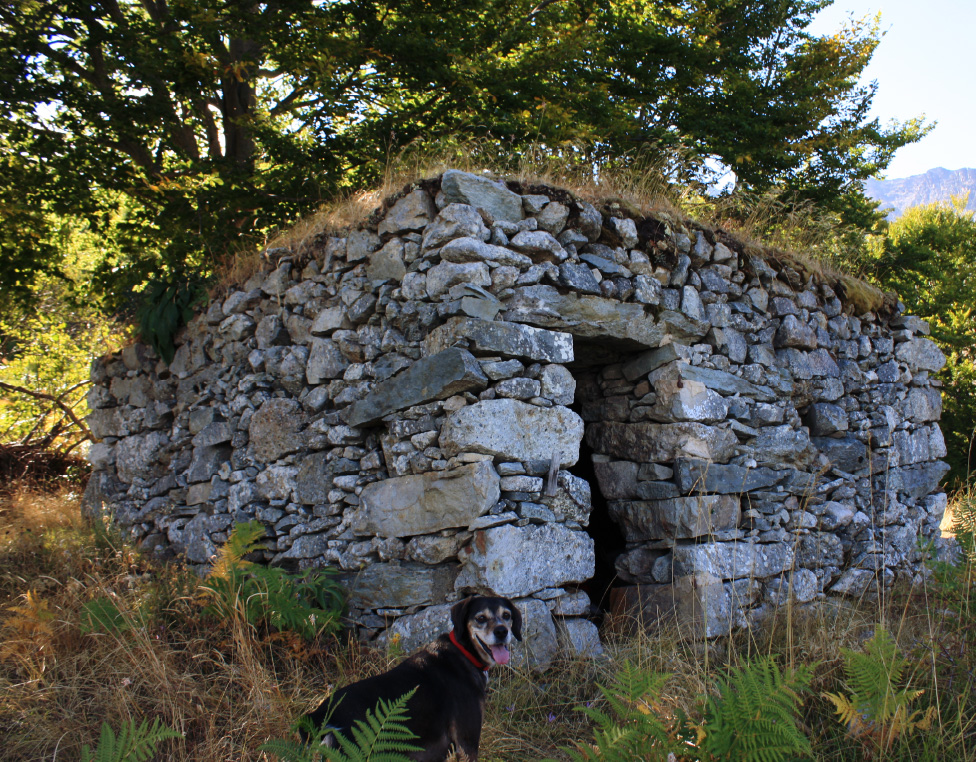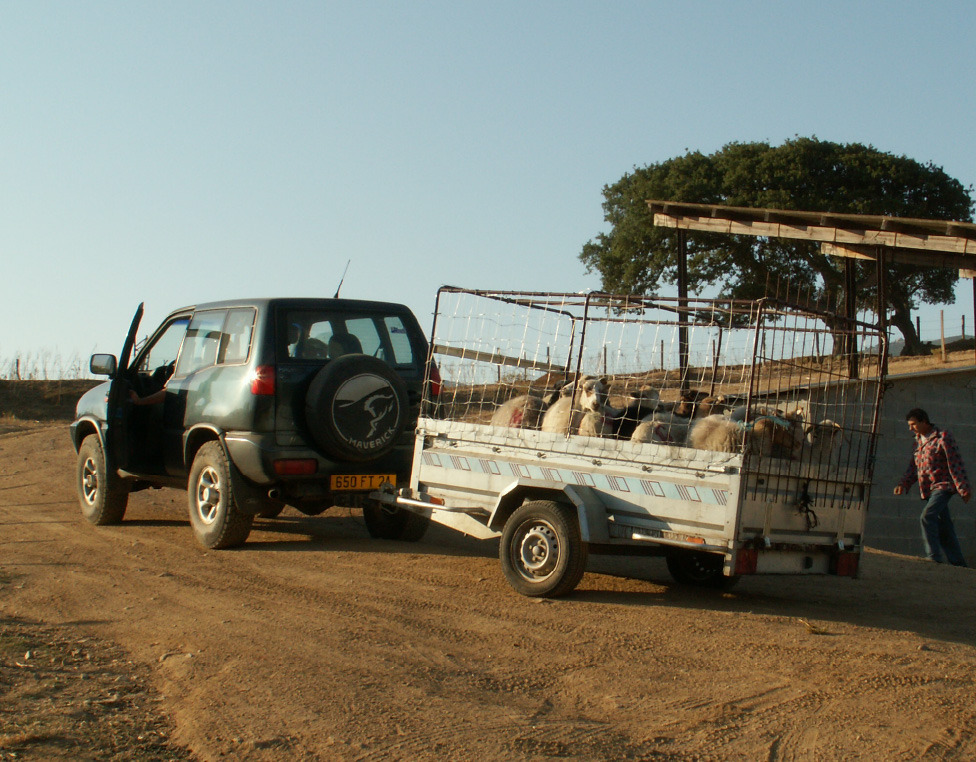CORSICA
Corsicans, who are more mountain dwellers than sailors, have maintained close ties with old agropastoral communities. The double transhumance (muntagnera and impiaghjera) practiced by shepherd-cheese makers from the village towards the mountain pastures, and in winter towards plain pastures, is at the heart of the island’s identity (technical and linguistic culture). Corsica is a mountain island which offers a mosaic of summer pastures with distinct historical and cultural particularities. At the basis of transhumance there is the pastoral use of the different levels of vegetation: the consumption of spontaneous, herbaceous, ligneous and semi-ligneous resources by local breeds for each of the domestic species (sheep, goats, pigs, cattle and horses) gives a raw material of excellence used for a variety of emblematic products from island farming(cheeses, charcuterie, meats).
At the end of the 20th century, the settling process of farms on plains and foothills led to a gradual desertion of summer pastures. As a result, there is an impoverishment and closure of mountain pastoral territories, which is detrimental to the balance and biodiversity of ecosystems shaped by pastoral activities. The reduced number of shepherds generates growing and recurring land-use conflicts that are unprecedented, and they call for a new governance. In this context, the classification of the summer pastures in Corsica forms a tremendous opportunity to gather the energies around a common alliance turned towards the future.


